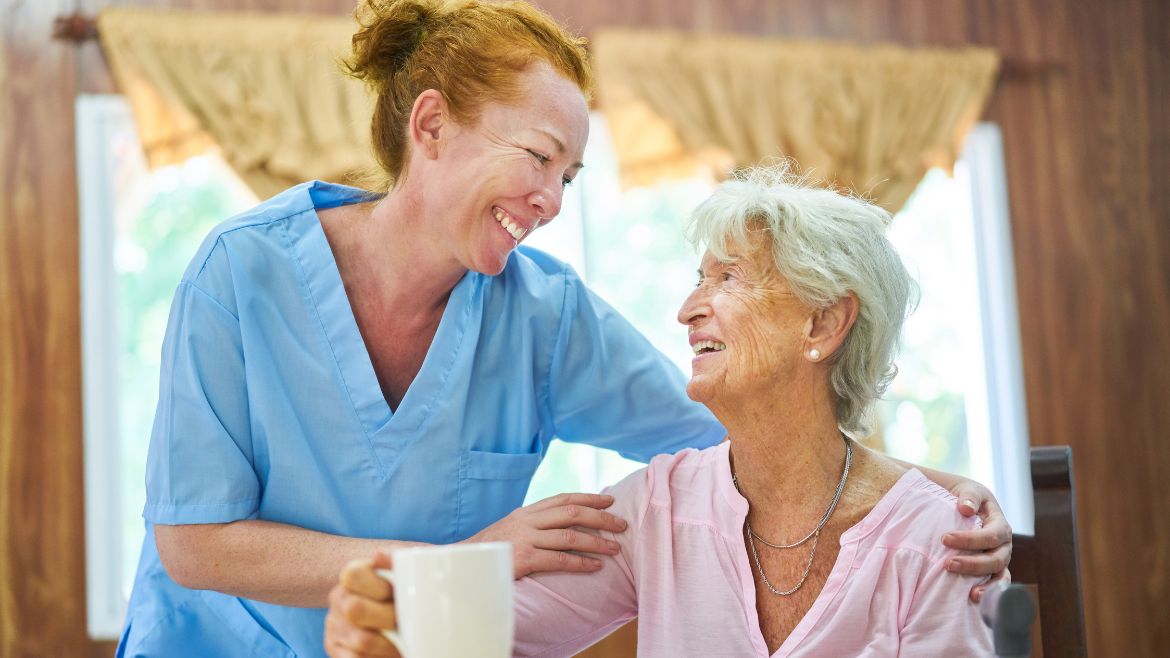Depression While Aging: Signs and Treatments
While we age, it is common for us to experience a wide range of emotions. Joy, sadness, anger grief, and guilt are just some of the emotions we may go through during the aging process. It has also been said that the later years are the happiest times of our lives, but for some older adults, it is a time where they develop depression.
Recognizing depression in an aging adult can be challenging. According to WebMD, only 10% of Americans age 65 and older with depression receive treatment. Sometimes medications can cause symptoms that mimic depression, such as fatigue, sleep problems, and changes in appetite. Symptoms of depression can also be mistaken for another illness. Additionally, depression can look different in each individual, making it a much broader scope of symptoms to diagnose.
Signs of Depression in Aging Adults
When other illnesses are present, depression is more likely to occur: older adults suffering from stroke, heart attacks, and cancer, as well as hospitalized patients are more likely to suffer from depression.
An older adult’s experience of depression is not always typical. Depressed people are thought to be sad, hopeless, tearful, and withdrawn. Even though many older adults do show the “classic” symptoms of depression, such as persistent sadness or losing interest in activities they used to enjoy, they are more likely to exhibit other depression symptoms, including:
- A withdrawal from social interactions and a decrease in interaction with care partners.
- Lack of motivation for a treatment or rehabilitation plan (this is often a trigger for a depression evaluation in hospitalized elders).
- Frequently preoccupied with bodily complaints (such as bowel or sleep problems).
- Depression diagnosis can be delayed because medical tests and treatments are performed to rule out physical illnesses and/or treat these conditions (which are common in late life and can coexist with depression).
- Delusions, which are fixed, false beliefs that, in depression, usually have a negative connotation, like the person is guilty of a crime, is financially devastated or is dreadfully ill.
- Anxiety symptoms are often more prominent than those of low mood or sadness.
Treating Depression in Older Adults
When an older adult is diagnosed with depression, it is important to show them they are valued and loved. As their caregiver, be there for them emotionally and physically. Make sure they are eating healthy and seek professional help when necessary.
At Beaumont Health Care Center in Beaumont, Texas, we are here for our residents experiencing depression. With 24/7 care from certified skilled nurses and social activities daily, seniors are never alone at our community. To learn more, give us a call today at (409) 842-2228.



